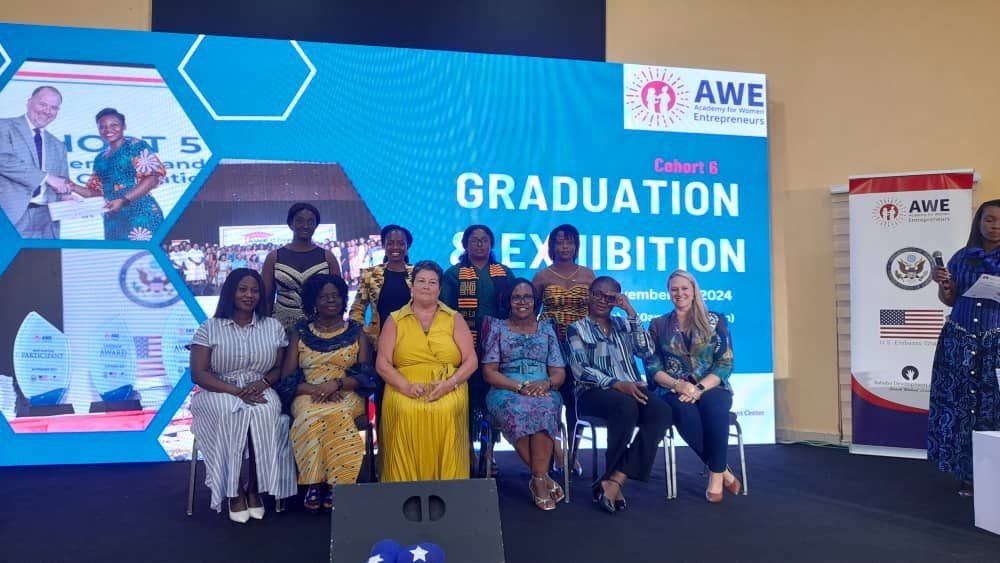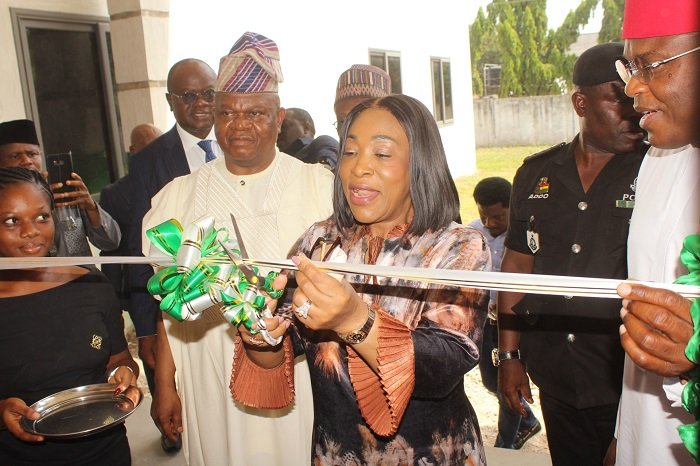ARTICLE AD
A policy aimed to ensure that personnel of the Ghana Immigration Service (GIS) work in a safe environment devoid of Sexual Exploitation, Abuse, and Harassment (SEAH), has been launched in Accra.
Named Protection from SEAH (PSEAH) would ensure that perpetrators of these acts against immigration officers, including civilian staff, are held accountable.
It was formulated in compliance with the National Gender Policy and provisions of the 1992 Constitution, which guarantees equality and freedom from discrimination.
Speaking at the launch, the Comptroller-General of the (CGI) of GIS, Mr Kwame Asuah Takyi, said the policy underscored the unwavering commitment of the GIS in creating a harmonious working environment.
“In accordance to Ghana’s vision that is truly just, equitable and human dignity are respected, GIS shall not accept or tolerate sexual harassment in its workplace or in any work-related location,” he said.
Mr Takyi noted that with the development and approval of the Ghana National Gender Policy by the executive council in 2015, sexual harassment and gender based violence were now recognised as issues that demanded attention.
The CGI underlined that the service had established a robust strategic framework for the implementing, monitoring, and ensuring effectiveness of the policy.
To achieve the goal of the policy, Mr Takyi said that the GIS would collaborate with all relevant stakeholders to ensure its effective implementation and enforcement.
For her part, the Deputy Director for Gender of the Ministry of Gender, Children and Social Protection (MoGCSP), Ms Vera Kakari Bediako, stressed that the objective of the Sexual Exploitation, Abuse and Harassment (SEAH) policy was to provide an effective framework to investigate allegations and reports of harassment by or against officers of the service.
She said that the policy would help provide victims of SEAH with the needed psycho-social support and emergency when necessary.
She stressed the importance of encouraging women to break their silence on harassment and fostering environments where everyone felt safe and respected.
“We welcome this policy, which empowers survivors to speak out and ensures their concerns are heard and addressed, “she emphasised.
Enlightening individuals on how to report SEAH incidents, the Head of Public Affairs Unit of GIS, Chief Superintendent (Supt) Michael Amoako-Atta, stated that victims could report SEAH incidents through a GIS online reporting form and mail.
He advised victims to keep records of dates, times, and details of what happened to ensure effective measures were taken by the service.
“We are going to take deliberate efforts to let community members and our stakeholders know that this policy exists. If you go to our website now, you can have access to these policy guidelines”, he stated.
In attendance were representatives from the International Organisation for Migration (IOM) Ghana, High Commission of Canada, GIS, MoGCSP, and key public sector players
BY AGNES OWUSU

 1 month ago
11
1 month ago
11 

